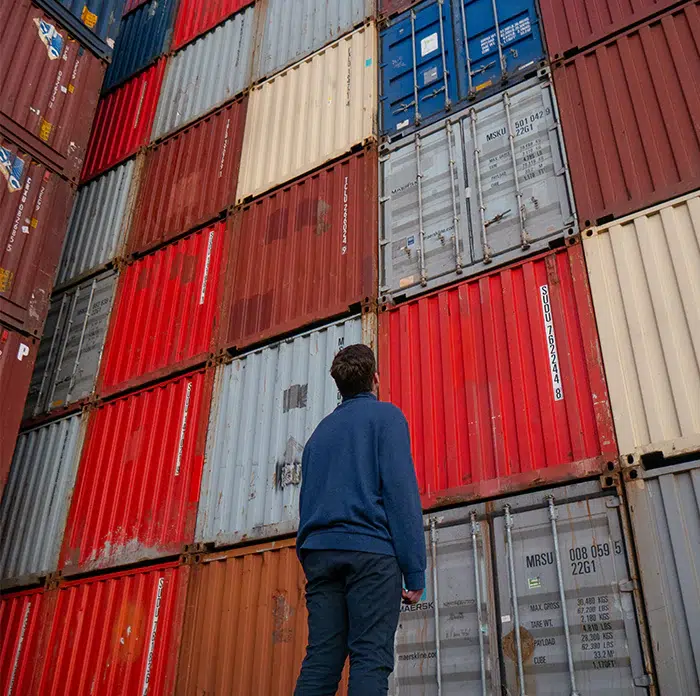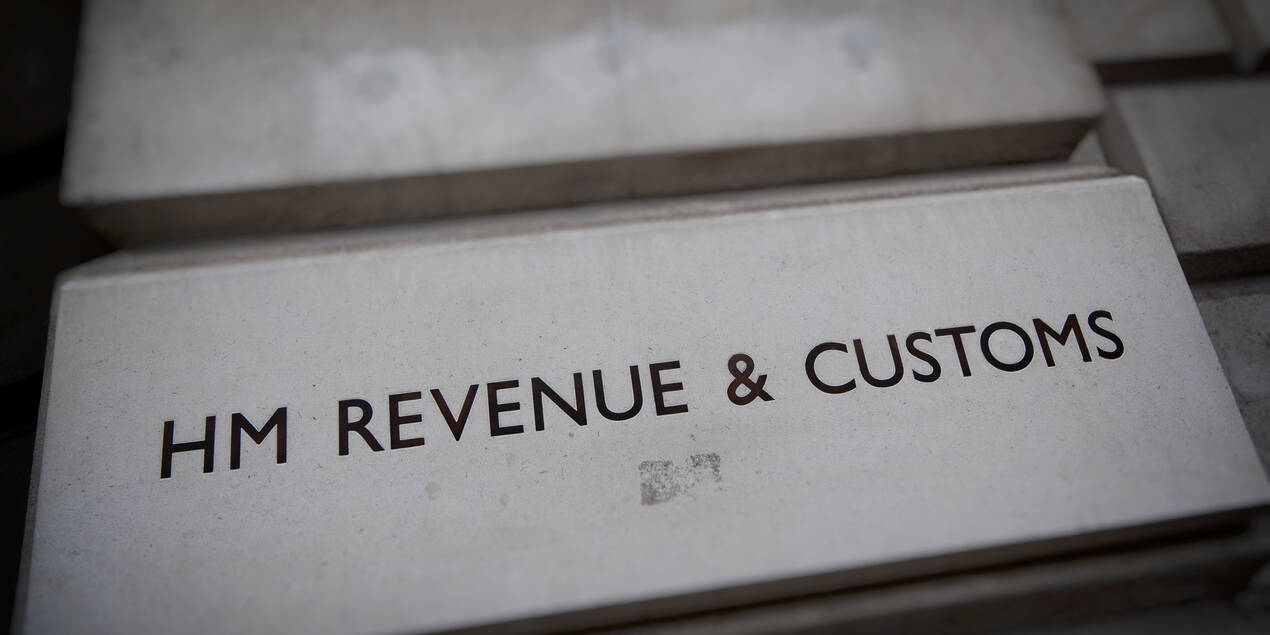This is the second article in a series that takes a strategic look at customs planning. Our previous article focused on materiality of customs costs and risk. This article focuses on the strategic choices businesses face and the level of customs risk associated with those choices.
There are three critical considerations:
- Whether to push customs risks to suppliers and customers
- Whether to make the customs declarations in-house or outsource
- Whether to optimise customs costs through customs planning
These strategic customs decisions need to be aligned with the wider company strategy or culture in terms of capturing value, managing risk and taking advantage of overseas trade (wider supplier and customer pools).
Pushing risk to suppliers and customers
Some businesses choose to focus in-house efforts on areas where they know they have the expertise to excel, and responsibility for customs matters often falls outside of that. Where this approach is taken it is possible to push the risks and costs associated with customs on to suppliers and customers.
The risk can be pushed to third parties by selecting specific Incoterms to contract under. This will require close co-ordination and co-operation with procurement and sales teams.


On Imports
Contracting with suppliers on a Delivered Duty Paid (DDP) basis makes the supplier responsible for making the UK customs declaration, as well as being liable for any customs duty costs or penalties in cases of error.
There are two potential drawbacks to buying on a DDP basis. Firstly, this may reduce the pool of potential suppliers. Many suppliers would struggle to take on this role in the UK, as it may require setting up an establishment, becoming VAT registered and getting to grips with UK customs law.
Secondly, contracting on a DDP basis may result in higher costs. Overseas suppliers will air on the side of caution and overpay customs duties, which will be passed on in their costs. Furthermore, a range of customs planning options to reduce costs may be available to you but not a third party.
Also, beware of a potential trap. If the overseas supplier does not become established in the UK, then they may not be able to take legal responsibility. It is extremely unlikely that the customs broker will take responsibility, as this will make them liable for duty costs and risks. We see many instances of the customs broker entering the UK company as the importer of record, leading to likely litigation if things go wrong.
In-House Customs Declarations or Outsource
If a business decides to act as importer or exporter, it will be entirely responsible for making customs declarations. This can be a complex exercise with each import and export requiring a declaration that contains over 50 data elements. Errors can lead to supply chain delays and storage costs, as well as potential extra duty costs and penalties.
Outsource
The company can decide to outsource the making of customs declarations to one or more (often too many) customs brokers or freight forwarders. It is critical to understand that these brokers act in what is known as a direct representative capacity, so ultimately it is still the company that is solely responsible for the accuracy of the customs declaration, customs duty costs and possible penalties.
However, this comes at the cost of higher declaration costs and challenges in controlling what is your customs liabilities and risks. The customs data sits outside your organisation.
In House
Alternatively, the company can make its own customs declarations, typically using master data within the commercial systems to improve quality and reduce costs. However, this option requires the business to obtain and maintain additional customs authorisations, licence specialist duty management software, interface systems and build up in house knowledge.
As a consultancy in this area, we have seen businesses make big savings through bringing the declaration function in house, but it typically requires a significant volume of imports or exports to recoup the initial investment.
The Third Option….
More companies are adopting a new, more hybrid approach to customs declarations. They obtain all the necessary authorisations and build and maintain the core master data. However, they employ a customs bureau to licence the duty management software, then turn the commercial data into customs data, submit, and deal with errors.
Some savings are sacrificed when compared to bringing the entire function in-house. But these companies maintain flexibility (they have the authorisations) and avoid having to hire, retain and manage staff capable of operating the customs declaration process.
Some companies use the customs bureau option to bed in a new system, iron out the bugs and then bring it in house, safe in the knowledge that they can return to the customs bureau option with minimal fuss.

Customs Optimisation
UK Customs law provides a range of options and elections to reduce customs duty costs. However, most planning requires a business to take on additional responsibilities, and therefore compliance risks.
A company will naturally want to understand the materiality of its customs duty costs before planning against the amount of duty it could save.
Our first article set out details on determining the materiality of your customs duty under management, which should act as a baseline when considering optimisation. The next article will look at the top five ways of reducing customs duty costs.
Barbourne Brook has developed a plug & play software solution to report your current customs duty under management, effective duty rate and potential overpayments.
We also provide a service for reviewing your business to report on potential customs planning options, including the potential savings, set up costs and running costs to support any Return on Investment decisions.
Contact Us
For further assistance and advice contact Adam at Barbourne Brook by email on adam@barbournebrook.co.uk
or telephone 01905 914031.
Related Posts
15 July 2024
Customs Traps: The High Price of a Blinkered Approach to Transfer Pricing
Businesses selling direct to customers…
24 June 2024
Advance Notice Of Important HMRC Duty Suspension Application and Review Deadline – 3 July 2024
Businesses selling direct to customers…
10 June 2024
New Scheme Offers Declaration-Free Exporting To Northern Ireland For B2C Businesses
Businesses selling direct to customers…


